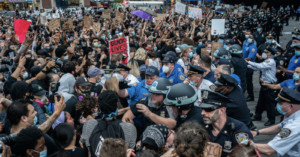
Police Training on Photographers’ Rights Aims to Curb Violence Against Press
After a spate of lawsuits following the George Floyd protests, relations between police and media have never been more strained, or more complicated.

After a spate of lawsuits following the George Floyd protests, relations between police and media have never been more strained, or more complicated.
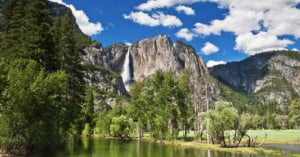
A court has upheld a National Park Service fee and permit requirement for commercial videography in national parks, overturning a previous ruling that found this requirement to be a violation of First Amendment rights.
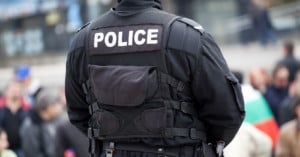
Earlier this year, Arizona governor Doug Ducey signed HB 2319, a law that would make it illegal to record or photograph police within eight feet of them. It's being challenged, and the results will have nationwide implications.
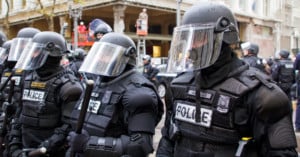
The National Press Photographers Association (NPPA) has joined with the Arizona Broadcasters Association and the American Civil Liberties Union of Arizona (along with eight other media organizations) to file a lawsuit against Arizona's law that restricts the recording of police.
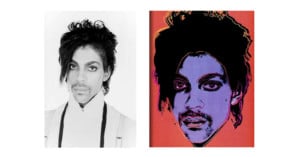
We need to talk about copyright law. Now before your eyes glaze over and I lose you, I promise what I have to say is worth hearing.

Zillow, which was found to have violated real estate photography company VHT's copyright when it used thousands of photos without permission, is arguing the photos should be treated as a group and not individually.
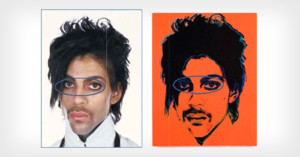
The United States Copyright Office has submitted an opinion to the Supreme Court that argues Andy Warhol's use of Lynn Goldsmith's photo of Prince was not fair use, sharing sentiments with opinions sent by the NPPA and ASMP.

A new Arizona law will soon make it illegal for bystanders to record police activity within eight feet. Civil rights activists and national press photographers have condemned the act as a violation of free speech.
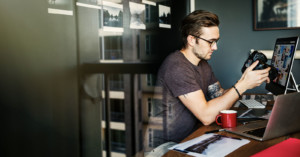
The New York State Senate has passed S8369B, colloquially known as the "Freelance isn't Free" act, which guarantees that any freelancer hired by a company must be provided a written contract with a stated pay by date. If no date is provided, they must be paid within 30 days.
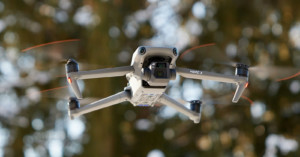
A federal judge has overturned the stringent drone laws in Texas, citing that it is an unconstitutional violation of the First Amendment. The lawsuit challenging the law was brought in 2019 by the National Press Photographer's Association (NPPA).
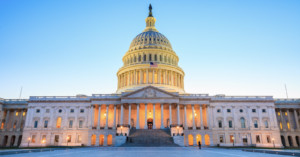
A group of 55 media organizations and advocates for press freedom have sent a letter urging the Select Committee to Investigate the January 6th Attack on the United States Capitol to withdraw a subpoena to a photojournalist's phone records.

After a concerted effort by the American Society of Media Photographers (ASMP) and the National Press Photographer's Association (NPPA), Instagram has added a new option that will enable users to prevent others from embedding content they post to Instagram.
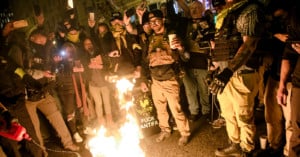
Photojournalist Amy Harris has attempted to block the United States House Committee investigating the January 6th attack on the Capitol from gaining access to her phone records, saying the public release of the information could compromise her safety as well as her future work.

On August 3, Ancestry.com -- the largest for-profit genealogy company in the world -- updated its terms and conditions to include new language that gives it the right to use any family photos uploaded to its system for anything it likes, forever and without limits.
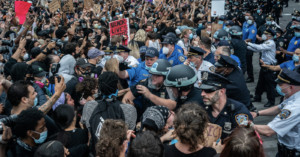
A group of five photojournalists who were arrested and or beaten during last year's protests against racial injustice has sued the NYPD in an attempt to stop what they call egregious and repeated violations of journalists' right to record police activity on public streets.
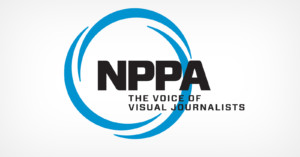
The NPPA has announced that it will instruct police, first responders, and journalists across the United States about citizens' right to record police and officials who are carrying out their public duties.
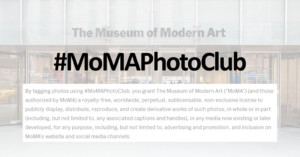
The Museum of Modern Art (MoMA) is soliciting photographers to share photos on Instagram based on monthly themes. Those who participate will be featured on the MoMA's social channels, but also give the museum significant rights to use the photos "for any purpose."
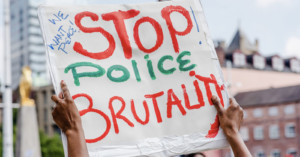
An independent photojournalist that sued the D.C. Police following his arrest for filming a protest in 2020 has won a settlement.
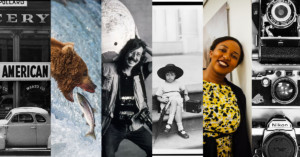
Every Sunday, we bring together a collection of easy-reading articles from analytical to how-to to photo-features in no particular order that did not make our regular daily coverage. Enjoy!
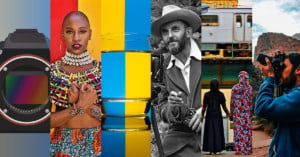
Every Sunday, we bring together a collection of easy reading articles from analytical to how-to to photo-features in no particular order that did not make our regular daily coverage. Enjoy!
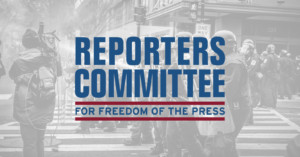
The Reporters Committee for Freedom of the Press (RCFP), National Press Photographers Association (NPPA), New York Times, and Washington Post are urging the Secret Service to allow credentialed journalists covering the 2021 inauguration to carry protective equipment.

The staff of the Penn State newspaper The Daily Collegian are currently battling a contract being forced upon them by the periodical's leadership, claiming it strips them of image ownership and takes advantage of their "volunteer worker" status.
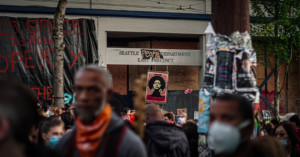
In a controversial ruling that has sparked criticism from photojournalists across the US, a judge in Seattle has ruled that the local news media must hand over unpublished protest photos to the police, who will use them in an ongoing investigation into the destruction of several police vehicles on May 30th.
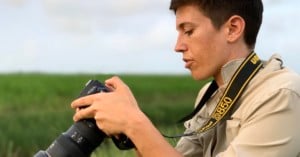
Dear Mr. Burnett,
I have some concerns I’d like to address in your recent open letter regarding the Photo Bill of Rights (BoR). I am a 36-year-old white female editorial and commercial photographer. I am a member of APA and a Houston chapter board member for ASMP.
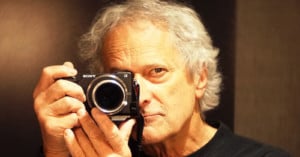
World-renowned photojournalist David Burnett recently published an open letter to the National Press Photographers Association in response to the recent debates surrounding photojournalistic ethics and the controversial new Photo Bill of Rights that calls for, among other things, consent from subjects in public spaces.
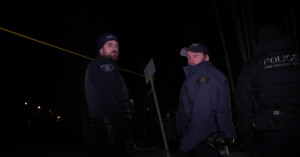
US documentary filmmaker Melissa Cox had a run-in with the Royal Canadian Mounted Police (RCMP) this week while trying to document an indigenous protest in British Columbia. Despite the fact that she is a member of the press, the RCMP chose to arrest Cox, allegedly using "undue force" and tampering with her camera equipment in the aftermath.
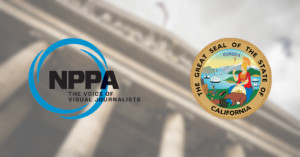
The NPPA is suing California over the state's controversial Assembly Bill 5 (AB 5), saying the law forces independent contractors like photographers and visual journalists to "become employees of their clients," whether or not this is preferable or even feasible.

American music star Ariana Grande has sparked an outcry from photographers and media organizations with her new concert tour agreement. Reportedly a response to "greedy photographers" taking advantage of her in the past, the new contract requires that photographers hand over full copyright to their photos.
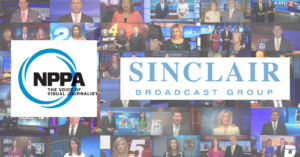
The National Press Photographer Association (NPPA) published a statement this week criticizing Sinclair Broadcast Group for its controversial on-air scripted message for local news anchors. Sinclair responded by canceling a $25,000 donation it had pledged. Now photographers and photo editors are speaking out in support of NPPA.
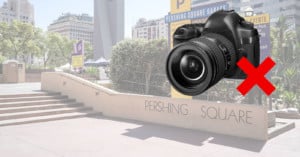
The city of Los Angeles is banning photography at free concerts in a public park, and photographers aren't happy about it. Several prominent photographer, journalist, and civil rights organizations have joined forces in writing a letter that protests the policy.